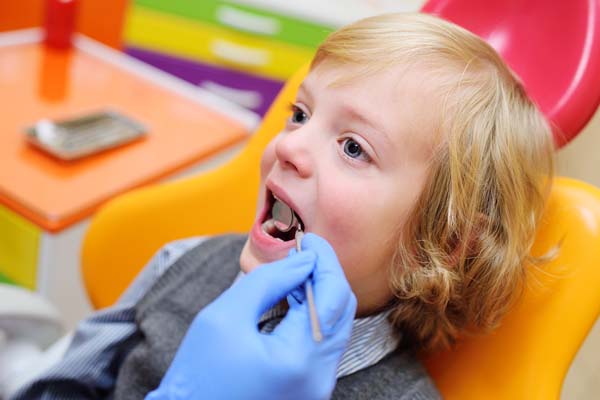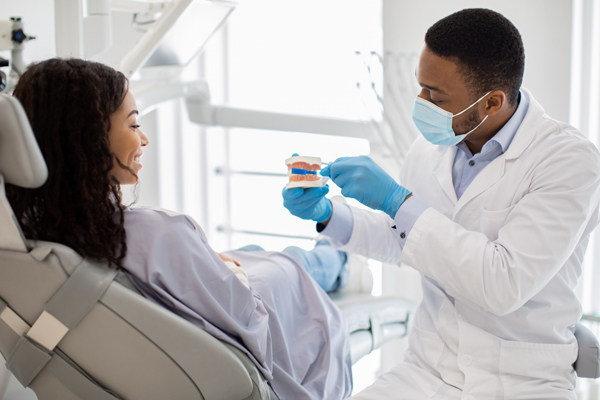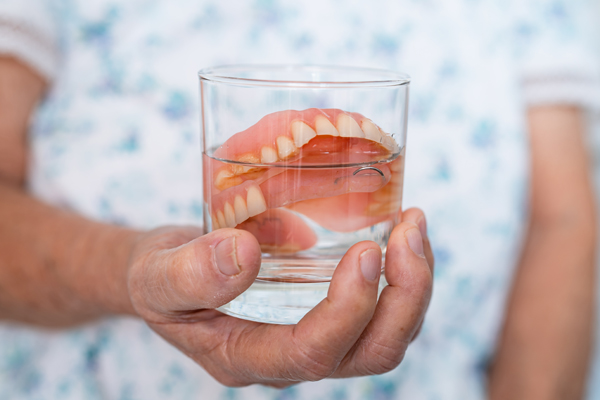When Should You See a Dentist for Preventive Dentistry?

Preventive dentistry deals with dental procedures to prevent dental issues, and it is critical for anybody who wants to keep their natural teeth for the rest of their life. Dentists used to spend most of their time treating dental issues rather than preventing them.
The importance of preventive dentistry
Due to people's overly busy schedules, it is easy to put off regular dentist appointments, but maintaining healthy teeth and gums benefits overall wellbeing. Patients can lower their risk of cavities, gingivitis, enamel loss, and periodontitis, all of which can contribute to tooth loss, by practicing proper oral care. Preventive dentistry can also lower the chances of developing secondary issues due to poor oral health.
In addition to lowering the chance of developing other health problems, preventive dental care also saves people from costly dental procedures. Despite insurance coverage, the cost of treating oral health issues can quickly add up. Although preventative dentistry cannot fully protect patients from cavities or infection, it can significantly reduce the need for expensive procedures due to a lackadaisical attitude to oral care.
Visit the dentist
Every six months, patients should visit their dentist for a dental checkup. Dental cleanings and examinations enable dentists to detect issues early on and treat them. Plaque and tartar can accumulate quickly, especially if good oral hygiene is not maintained between dental appointments.
Food, drinks, and cigarettes may discolor the teeth, especially if they are not thoroughly cleaned. Plaque can solidify on the teeth and irritate the gum tissue, leading to gum disease if not addressed. Regular dental checkups are therefore necessary to maintain healthy teeth and gums. People at a higher risk of dental illness, such as those who are pregnant, smokers, diabetics, and those with weakened immune systems, should schedule their dental checkups more frequently. Patients need to do their best to keep their teeth and gums clean and healthy between those exams.
Early detection of dental issues
Many dental problems, such as gum disease, cavities, and oral cancer, are pain-free or symptomless until they have progressed to an advanced stage. Gum disease affects 50% of individuals over 30 years old, according to the Centers for Disease Control. Gum disease (periodontitis) can cause tooth loss and the spread of dangerous germs to your body's essential organs. Health issues, such as stroke, heart disease, diabetes, and respiratory problems, have been connected to poor dental health.
Prevent halitosis
Poor dental hygiene, gum disease, or food particles stuck in oral crevices can all contribute to bad breath (halitosis). Brushing the teeth regularly and undergoing professional dental cleaning can help prevent this issue.
Improved self-esteem
A smile's appearance can affect one's self-esteem and social interactions. Regular dental appointments will not only help maintain healthy teeth and gums, but they can also provide the confidence to smile and interact with others openly.
In conclusion
Make an appointment with the dentist now to take the first step toward preventative dentistry.
Request an appointment here: https://www.timsmithdental.com or call Tim Smith Dental at (903) 592-5934 for an appointment in our Tyler office.
Check out what others are saying about our dental services on Yelp: Preventative Dental Care in Tyler, TX.
Recent Posts
Practicing preventive dentistry at home allows you to reap many benefits for your general health. Brushing and flossing every day is a basic way of keeping your mouth in good shape. Having healthy teeth and gums helps support your whole body’s health. If you want to find out why good everyday dental hygiene is important…
Preventive dentistry can support your efforts to keep your mouth healthy, including practicing good oral hygiene, eating a balanced diet, and avoiding things that can damage your teeth and gums. Good oral hygiene goes a long way in helping to prevent common dental issues, such as tooth decay and gum disease, but sometimes it is…
The role of preventative dentistry is to minimize the risk of future dental issues in patients. Read on to learn some tips that encourage the prevention of oral issues. If you have experienced and treated dental issues in the past, you will attest that it is better to prevent them from happening in the first…
A dental deep cleaning is an in-depth cleaning procedure that is typically done by a dentist who offers periodontal services. These cleanings are called "deep cleanings" because they go much deeper beneath the soft tissues than a traditional cleaning would. During a dental deep cleaning, a general dentist will scrape beneath the gum tissues and…


